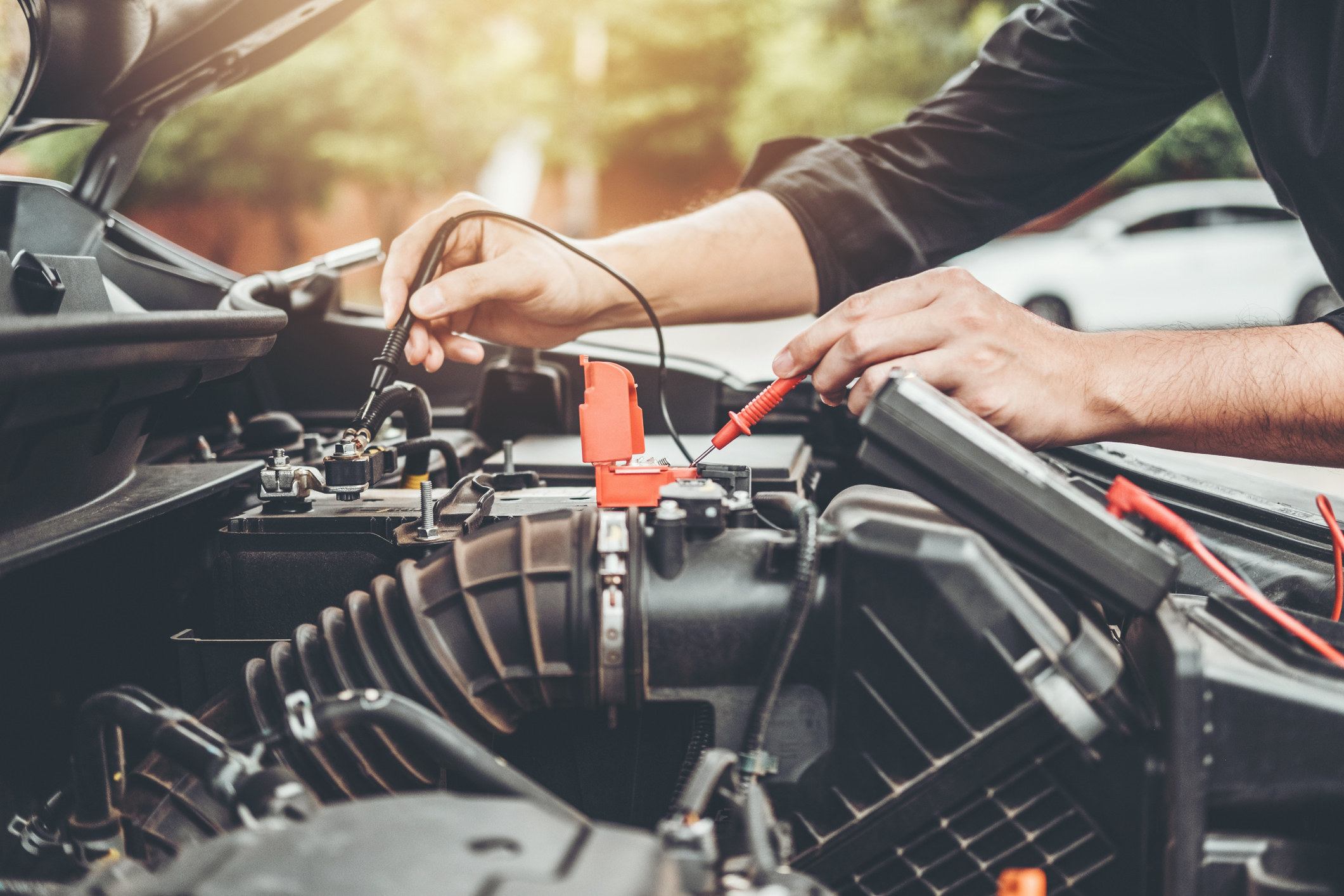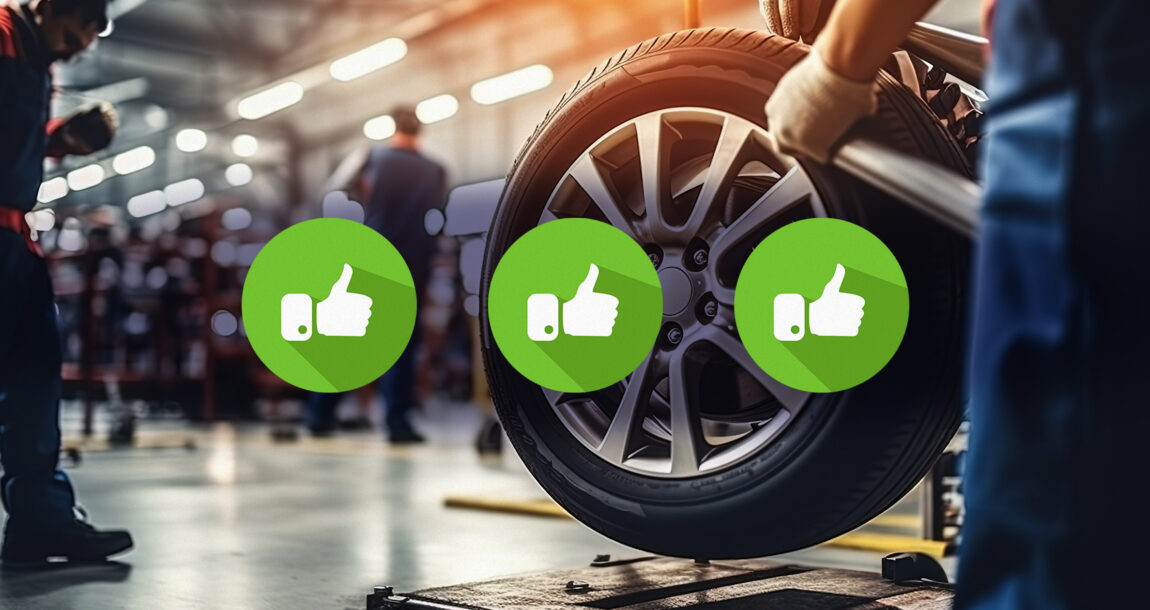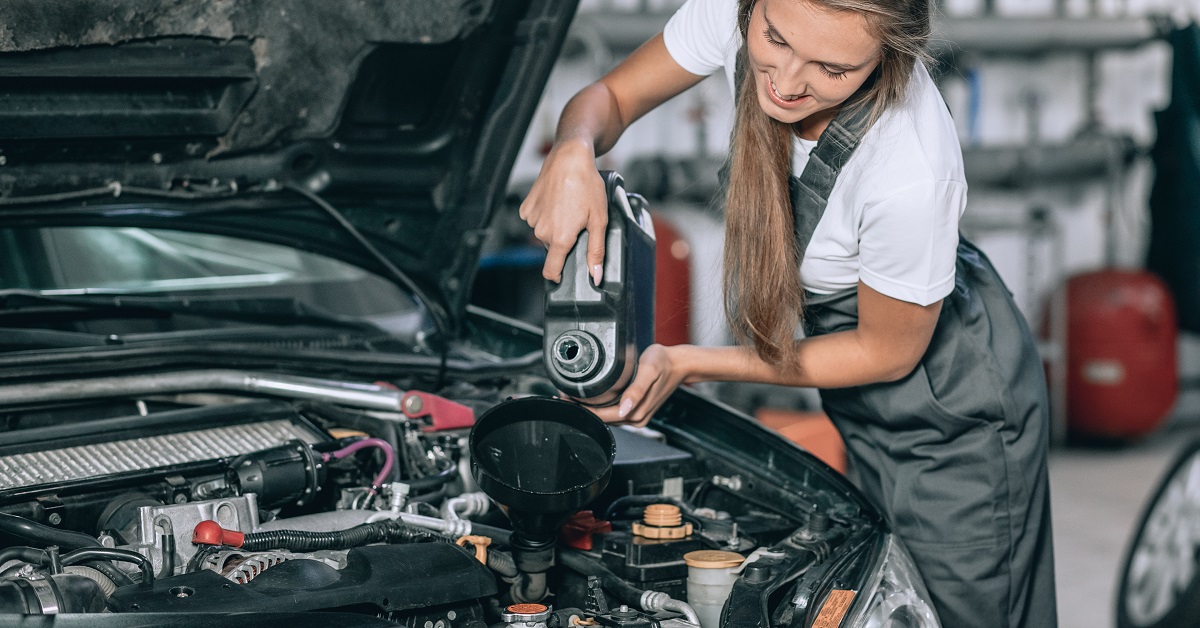Featured
The Advancement of Vehicle Fixing: Tackling Complicated Car Solutions

As lorry technology remains to develop, car service center deal with the expanding difficulty of servicing progressively intricate systems. Today's cars are equipped with advanced attributes like electronic control devices (ECUs), driver-assistance systems, and hybrid or electric drivetrains. To fulfill these needs, repair service stores have to innovate and adjust their methods, guaranteeing they have the devices and experience to deal with intricate automobile repair work.
The Function of Advanced Diagnostics. When auto mechanics count exclusively on their senses and basic devices to identify cars and truck concerns, gone are the days. Modern lorries are regulated by onboard computer systems that control whatever from engine efficiency to security systems. Auto service center make use of cutting edge diagnostic devices to connect with these systems. Devices like OBD-II scanners and specialized analysis software application make it possible for service technicians to access mistake codes, screen system performance, and identify troubles that would or else remain hidden.
As an example, a malfunction in an advanced driver-assistance system (ADAS), such as lane departure warning or automated emergency braking, needs exact calibration tools to guarantee correct feature. Without these innovative diagnostics, repairing such systems would be impossible.
Experienced Technicians Are Crucial. As automobiles become more intricate, so does the duty of the specialist. Fixing contemporary cars commonly requires knowledge of software shows, electric engineering, and mechanical knowledge. Auto repair stores buy continuous training for their technicians to keep them updated on the latest advancements in car innovation. Accreditations like ASE Master Professional or manufacturer-specific programs make certain that professionals are outfitted to manage cutting-edge systems.
Shops additionally employ specialists for unique difficulties, such as crossbreed and electrical automobile repair services. These automobiles come with high-voltage systems that call for innovative expertise and security preventative measures, making specialized training indispensable.

Partnership with Automakers. Several repair work shops now work very closely with automakers to maintain rate with the rapid improvements in auto modern technology. With these partnerships, stores access to exclusive repair info, OEM parts, and software program updates. Some even participate in programs like the National Automotive Service Job Pressure (NASTF), which bridges the void in between independent service center and makers, guaranteeing shops can take care of the very same systems as accredited car dealerships.
Upgrading Devices and Facilities. Vehicle service center are also buying their infrastructure to satisfy the demands of facility systems. Dedicated workspace for calibrating sensors, working on high-voltage components, or doing software program updates are becoming common. Tools like laser-guided placement systems, battery diagnostic equipment, and programs user interfaces are crucial for contemporary fixings.

Customer-Focused Method. As lorry systems become extra detailed, consumer education and learning has come to be a top priority. Automobile service center significantly highlight openness by supplying thorough explanations of fixings and diagnostics. Numerous usage electronic examination reports, images, and videos to show clients what issues require interest and why. This assists clients really feel educated and positive in their repair choices.
Conclusion. Managing intricate lorry systems is no tiny task, but auto service center are climbing to the celebration. By welcoming innovative diagnostics, buying technician training, and updating centers, these stores ensure they stay capable of servicing the cars these days-- and tomorrow. For automobile proprietors, finding a service center with the right proficiency and innovation is vital to maintaining their cars running efficiently in this period of automobile advancement.
Latest Posts
Reliable Automotive Services at Montclare Auto Repair - Schedule Now!
Published Apr 20, 25
2 min read
Unlock Greater Incomes with WyHy Money Market Accounts
Published Apr 20, 25
1 min read
Making the Many of Your WyHy Checking Account
Published Apr 20, 25
1 min read